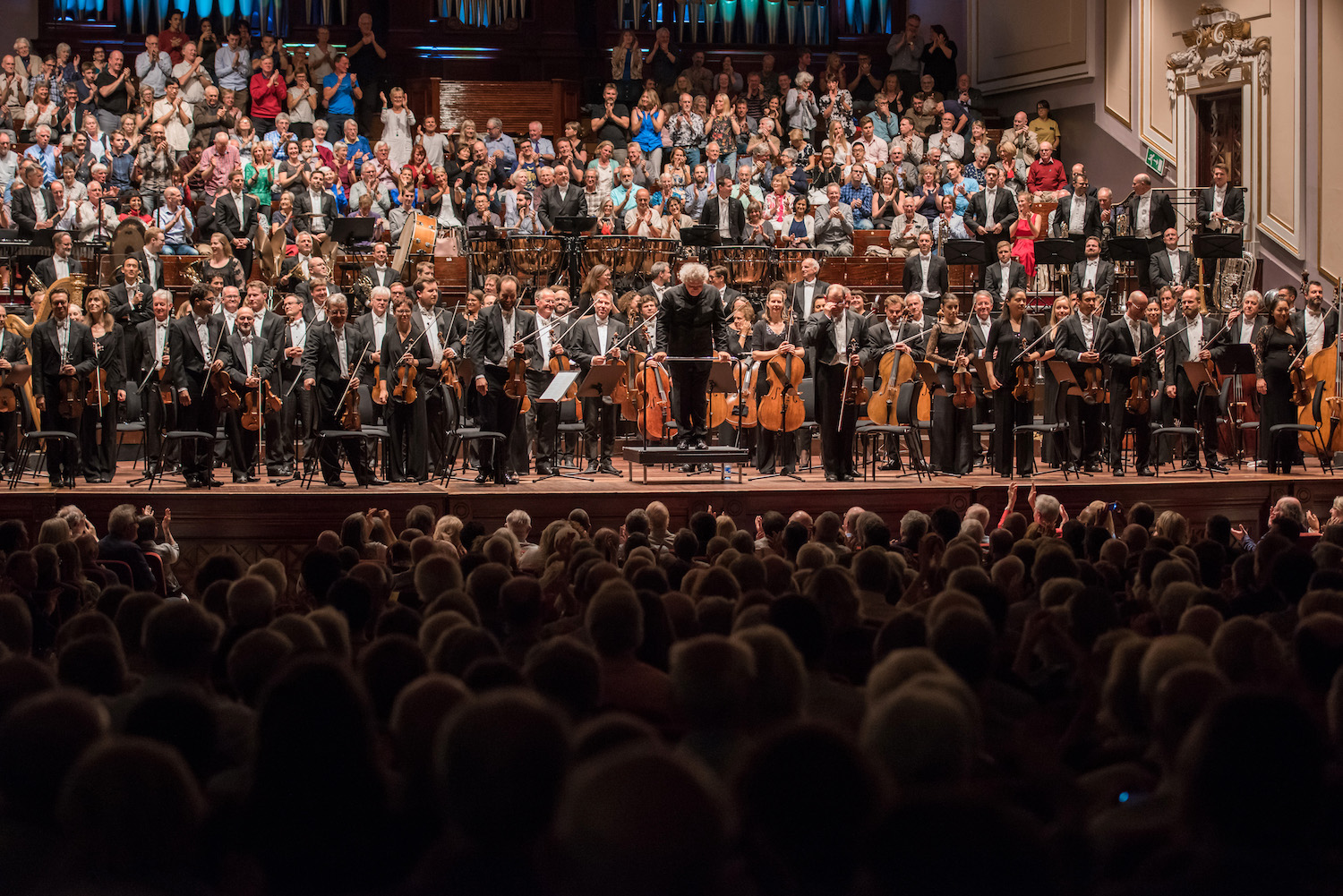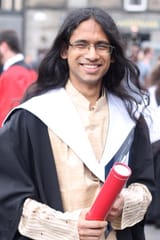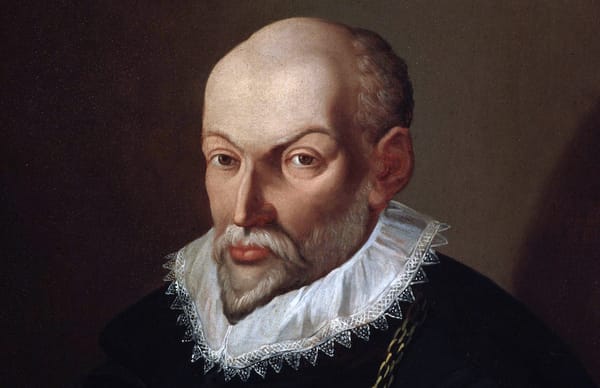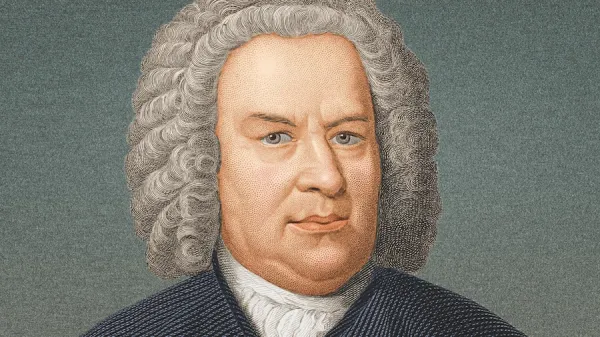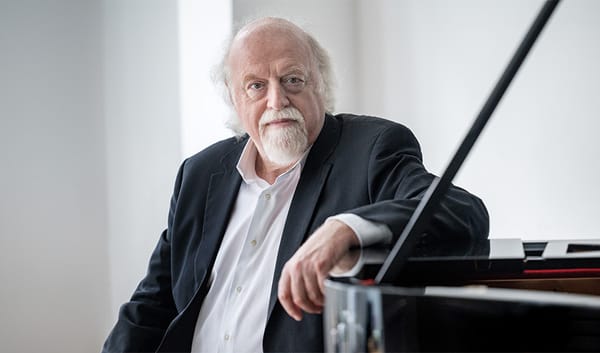Rattle’s Debut as LSO’s Music Director on the EIF Stage
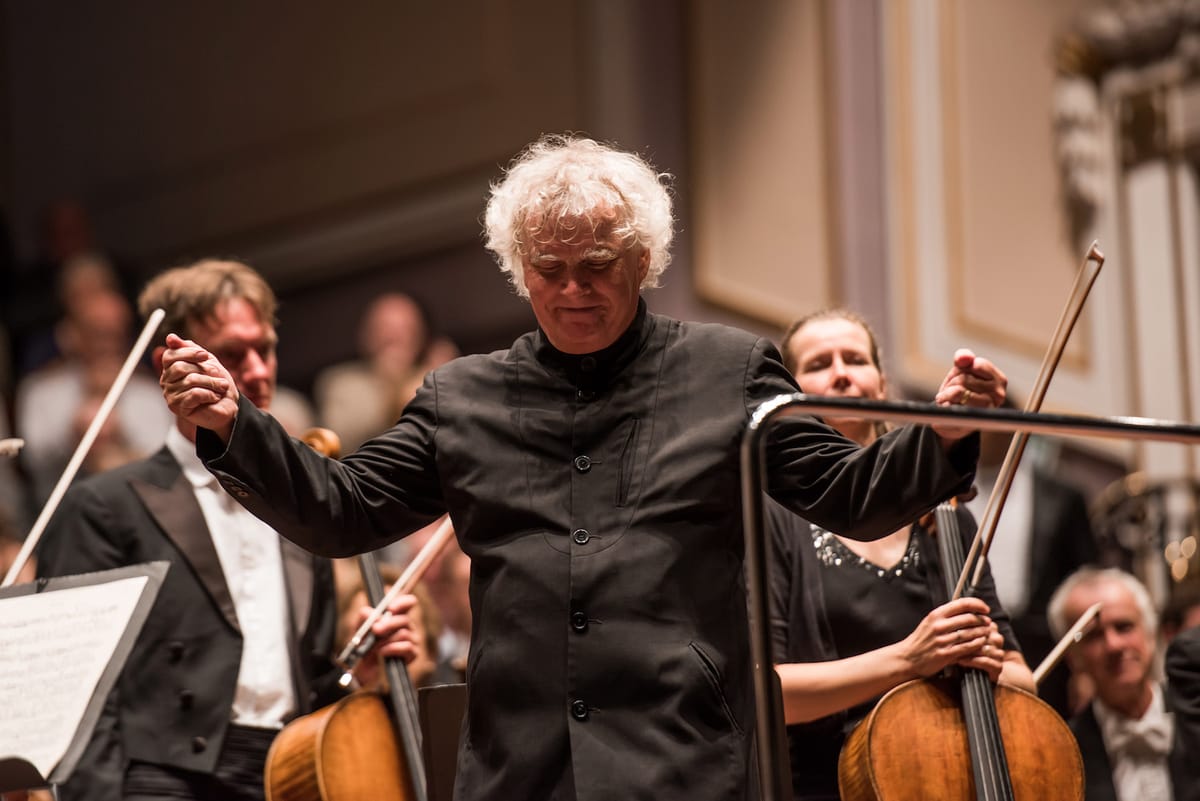
London Symphony Orchestra/Simon Rattle
Leonard Bernstein: Symphony No. 2 ‘The Age of Anxiety’
Antonin Dvořák: Slavonic Dances op. 72
Leoš Janáček: Sinfonietta
Krystian Zimerman, Piano
10 August 2018
Usher Hall, Edinburgh
Edinburgh International Festival
When I first heard three years ago that Simon Rattle was to take over the baton of the London Symphony Orchestra’s musical director from Valery Gergiev, I was eagerly anticipating seeing him on stage at Usher Hall during the Edinburgh Festival. Although I had to wait a while for the opportunity, the first concert he gave with the LSO at the Festival this year did not disappoint, with a programme that I am especially fond of and a performance that raised the roof.
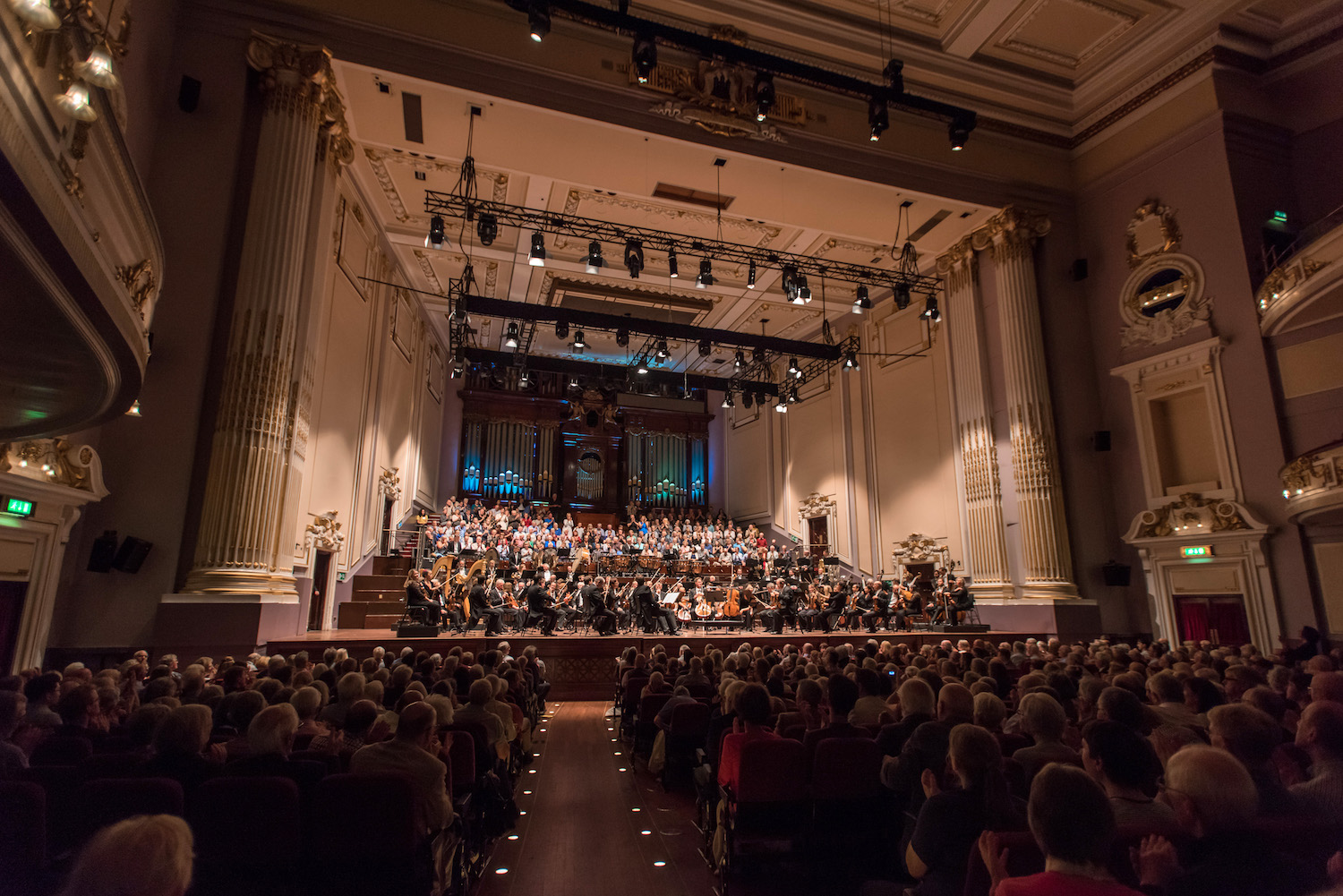
The programme opened with Leonard Bernstein’s second symphony, The Age of Anxiety, named after and inspired by W.H. Auden’s long poem. For the symphony, the Orchestra was joined by celebrated Polish pianist Krystian Zimerman, who had performed the piece earlier this year with Simon Rattle for his farewell concert with the Berlin Philharmoniker. The dynamic between Zimerman and Rattle was one of great familiarity, as both of them responded with great attention and sensitivity to the other’s improvisations, like in the prologue or the pulsating jazz in the masque section. Rattle’s precise sense of orchestration made the dazzling coda shimmer with its use of brass and percussion in a way truly did justice to the force of spiritual realisation at the end.
If the Bernstein symphony was a cerebral piece — delving deep into the subconscious and meditating through its series of complex variations the meaning of life in times of political strife — then the latter half of the programme was contrastingly physical, and perhaps self-evidently so was their performance of Dvořák’s Slavonic Dances. The Orchestra performed the eight dances in the later opus, the more restrained ones that had less percussion and more subtlety. Again, this was familiar territory for Rattle and the LSO. They gave the generosity of Dvořák’s orchestration fine expression in the first dance, for example, with a gripping display of ebullience. What really shone through, however, was their keenness for subtlety and detail. In the second dance, which features two contrasting sections that use the same tempo, the Orchestra paid great attention to changes in dynamic and colour in order to make this contrast more dramatic, even if the tempo was constant. Likewise, the rendition of the final dance, with all its bucolic nostalgia, was immensely moving. For the seventh dance, a racing, upbeat Serbian Kolo, the Orchestra demonstrated the height of its power and energy in a stunning performance that left me breathless.
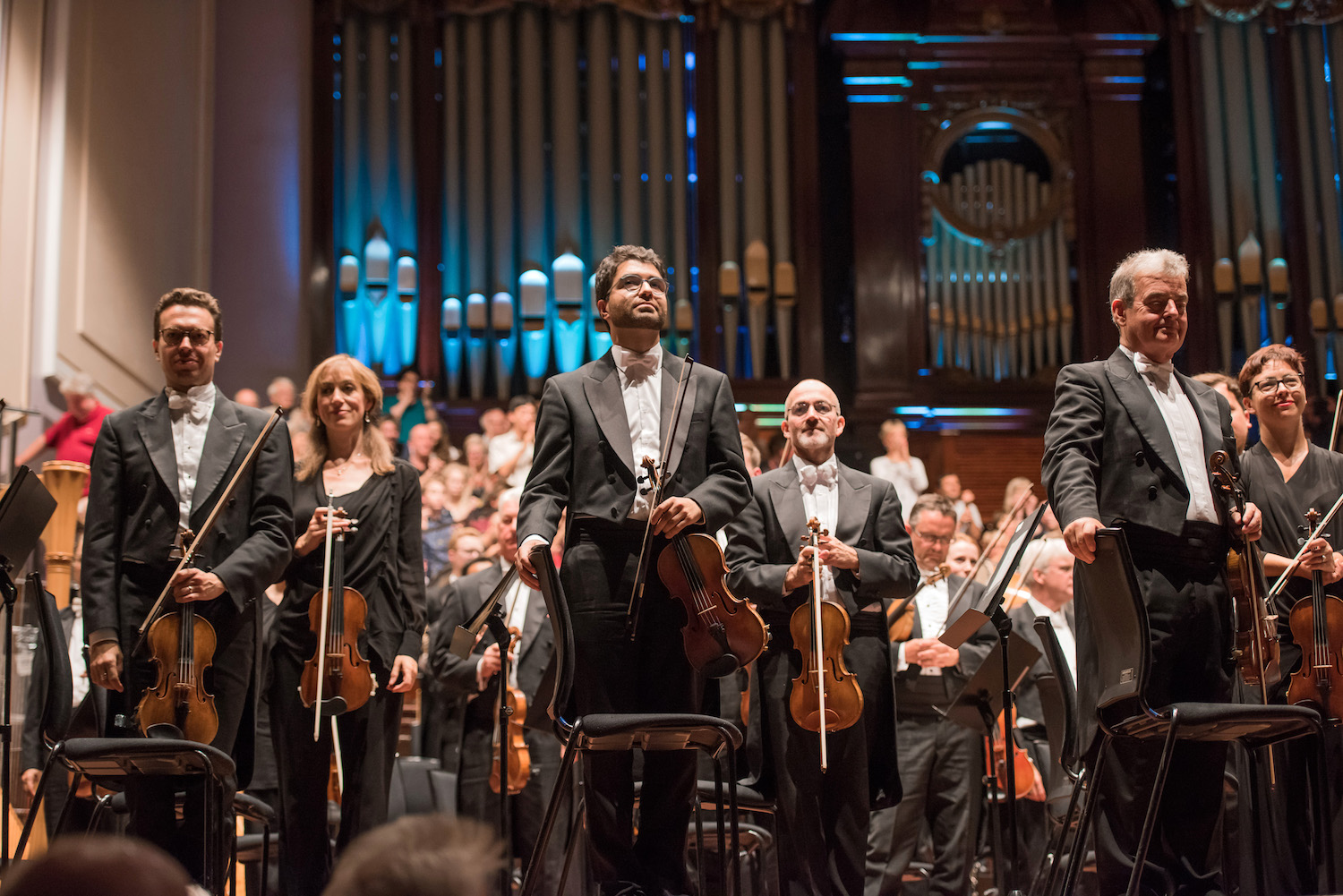
The most physical of all of the pieces on the programme is perhaps Janáček’s Sinfonietta: it was commissioned for a gymnastics rally of the Czech Sokol movement, a patriotic gymnastics organisation. The blazing military fanfares and the determined force of the percussion really give this piece a sense of vigour that behoves a gymnastics display or a nationalist rally. Rattle’s interpretation of the dynamics was precise in ensuring that the powerful brass voices did not completely bludgeon the subtle, rasping textures of the muted trombones during the fanfares. The most remarkable quality that Rattle and the LSO brought to this performance was a sense of athleticism and dexterity, particularly in their breath-taking renditions of the rapid, scurrying second movement, that made this piece a fitting finale to follow the Slavonic Dances. Finally, while the fanfares in the opening were bold and imposing, their return in the final movement — complete with string ornamentation — was even more majestic, really capturing the patriotic fervour of the piece, a patriotism that was characterised by Janáček’s gesture of dedicating the final movement to the Town Hall in his adopted home of Brno.
After a spectacular performance like this, I was greatly disappointed to have been unable to attend Rattle and the LSO’s second concert featuring Mahler’s Ninth Symphony at the Festival owing to other commitments. This concert, especially Rattle and Zimerman’s reprise of the Bernstein symphony, was something I enjoyed immensely. Now, I am looking forward to what new directions Rattle will take during his collaboration with the LSO.
